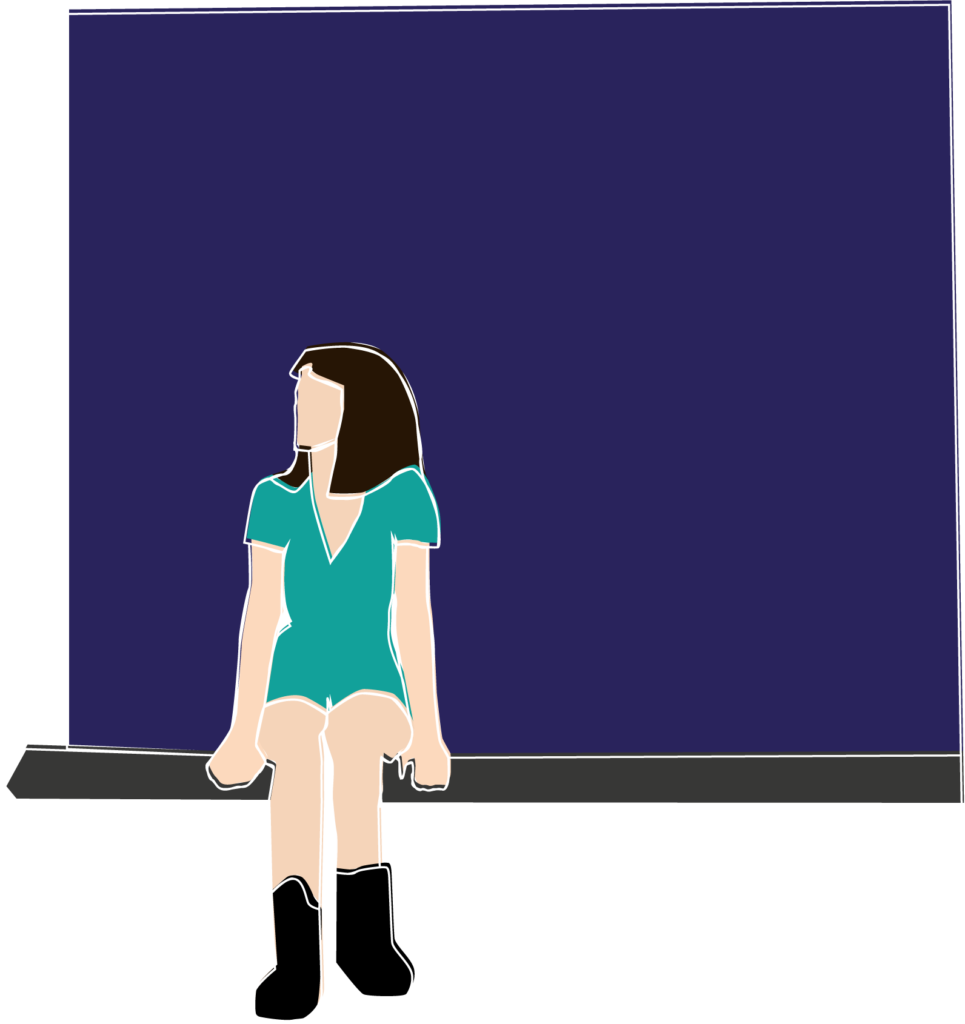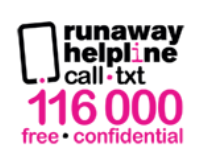How do I keep safe?
Be Aware isn’t about stopping you doing the things you like to do and living your own life – both on and offline. It’s about carrying on doing all the things you enjoy doing and “Being Aware” of exploitation – so you can spot the signs and keep safe.
When you are out and about, or online; remembering some of these key things could help to keep you and your mates safe from grooming and exploitation.
REMEMBER: If you are in a situation where you, or one of your mates are in danger, or there is an emergency call 999 as soon as you can.
Reporting a crime:
You can pass on information to Fearless about any crime via the online form or by calling Crimestoppers on 0800 555 111.
They wont ask who you are, or how you know about the crime, they just want to give you a safe place to give any information you may have, 100% anonymously.
Remember, no matter how small the detail, it could be the missing puzzle piece to solving a crime. Your information can make a real difference.
Top tips for staying safe when out and about:
Follow the S.C.R.I.P.T:
- S – “something for nothing?” – if something seems too good to be true it usually is – if you are being offered something for free (food, game credits, a lift…) remember it won’t be for free and think about what they may potentially want from you in return.
- C – Communicate – tell people where you are going and who with. Make sure your mobile phone is charged, and you have enough credit to message or call someone in an emergency. Have a safety app on your phone: Like what3 words so you can let someone know where you are if you need to.
- R – Remember – Abusers can be male or female, they can be the same age or older, from any background. It can even be people your age, or mates that you have known for a while. The can be on and offline.
- I –Trust your instincts – if you think a person or place feels or looks unsafe, back away, go to somewhere you feel safe and call someone you trust. If in doubt – don’t do it.
- P – Have a plan – if you are going somewhere with mates (even if its ones you’ve known for ages)– come up with a plan about how to keep each other safe. E.g. agree that no one will leave on their own. (Notice surroundings) Stick together. Remember drinking or taking drugs can make you less aware of unsafe situations and can make you an easier target for someone wanting to exploit you – so make sure your mates have your back (and vice versa).
- T – Think – it can be really hard to spot exploitation and what it looks like – Be Aware of the signs –the more you know, the more likely you will spot someone trying to take advantage of you.
Thinking about running away?
Young people run away or go missing from home and school for all sorts of reasons. Sometimes it’s just for a few hours or overnight, and sometimes it can be for longer.
There can be lots of reasons you want to run away. Everyone’s situation is different and unique to them. For some life can be difficult at home, you may not feel safe there or there may be lots of arguments or violence – this can be known as a ‘push factor’ – things that are pushing you away from where you live.
Other times you may want to run away because you’ve been asked, or encouraged by a friend, gang, or partner. These are called ‘pull’ factors – things that are pulling you to a different person, place or life.

Have you thought about how you’ll get money for food and drink? Where you will stay and who with? When you run away from home you can be vulnerable to groups of people who might make you do things you don’t want to so they can get something in return.
It can be really dangerous if you run away – whether it’s bunking off school, staying out at a party where your family don’t know where you are, or going missing from home. It’s a sad fact that young people who go missing are much more likely to be sexually or criminally exploited. There are places in North Yorkshire you can turn to for help if you find yourself thinking you want to run away from home. For more information click here.
What happens when I come home?
When you run away, it is advised that your parents or carers lets the police know so they can find you as soon as possible and make sure you are safe.
Police have to let the Children and Families service know that you have been missing so they can contact you to find out what happened and how best they can support you. This is known as a return interview:
They are about:
- A time for you to speak to someone about how you feel in a safe and comfortable way.
- Listening to you and understanding your reasons for going missing. So together you can work out what help or support you may need so you don’t go missing again.
- Making sure no one is harming or that you weren’t harmed whilst you were away.
- Providing you with information about how to keep safe.
Lots more information and advice about running away and keeping safe can be accessed here:
Top tips for keeping safe online:
- S – SAFE Keep safe by being careful not to give out personal information – such as your name, email, phone number, home address, or school name – to people who you don’t know online.
- M – MEETING Meeting someone you have only been in touch with online can be dangerous. Only do so with your parents’/carers’ permissions when they can be present.
- A – ACCEPTING Accepting e-mails, IM (instant messages) or opening files from people you don’t know or trust can be dangerous – they may contain viruses or nasty messages.
- R – RELIABLE Someone online may be lying about who they are, and information you find on the internet may not be reliable.
- T – TELL Your parent, carer or a trusted adult if someone or something makes you feel uncomfortable or worried.

We’ve got loads more information and advice on our Children and Young people’s pages “Staying safe online”





 View all our news
View all our news